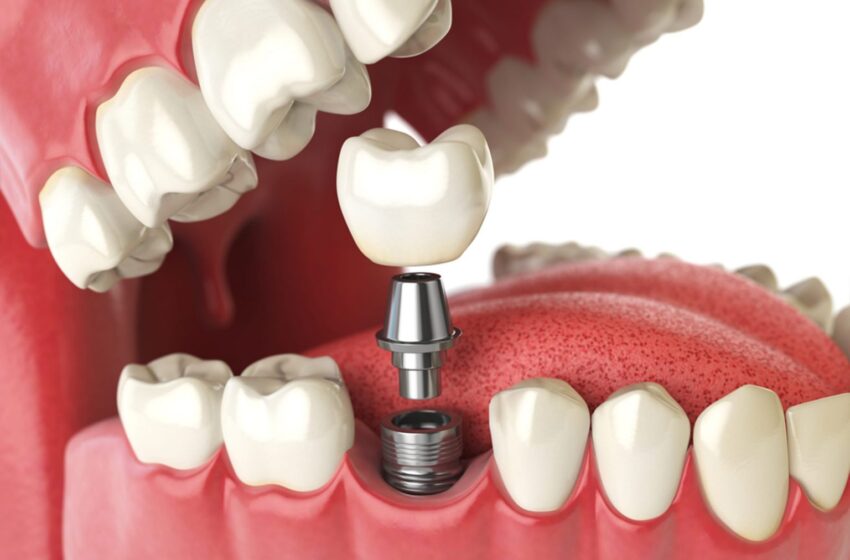Your Journey Of Dental Implants: Exploring Their Efficiency

Modern dentistry has paved the way for several innovative and revolutionary prostheses like dental implants, over the past decades. These are excellent alternatives to conventional restorations like dentures and bridges. Getting your missing teeth replaced is crucial to maintaining your oral functionality and aesthetics.
The dental implants in Tukwila, WA are premium quality prostheses that replace missing teeth with ease and utmost patient compliance.
What are dental implants?
A dental implant is a screw-like titanium post that is surgically inserted into your jawbone. The implant mimics the lost tooth roots to provide a stable anchorage for permanent restorations like crowns, dentures, and bridges. The titanium screws are commonly used to fabricate dental implants since they are biocompatible and fuse with your jawbone naturally.
What are the potential benefits offered by dental implants?
Dental implants are popular replacements for missing teeth due to the following merits:
- Provide a permanent solution since they are fixed into the jawbone
- Improve speech and masticatory functions
- Provide a strong and stable anchorage for dental crowns
- Stimulate the jawbone and prevent resorption
- Preserve the adjacent natural teeth
- Titanium alloy is biocompatible and safe thus there is no risk of allergies
- Are durable and long-lasting with proper oral care
Who is an ideal candidate for dental implants?
You are a suitable candidate for dental implants if you meet the following prerequisites. You must:
- Have a healthy jawbone with adequate thickness and density
- Be free from advanced periodontal disease
- Be willing to invest time for dental visits while getting your implant
- Be able to afford the implants
- Be an adult with fully developed jawbones
- Be committed to maintaining good oral hygiene
How are dental implants inserted?
Dental implant placement involves the following steps:
Initial oral and jawbone evaluation
- Your dentist will evaluate your oral cavity, and assess the jawbone health through dental X-rays.
- If the bone thickness is insufficient, you may be advised to undergo additional procedures like bone grafting.
Surgical procedure
- The space around your missing teeth will be numbed with a local anesthetic to ease pain and discomfort.
- Your dentist will cut open the gums through a small incision to expose the underlying jawbone.
- Using rotary instruments, tiny holes will be drilled, and the implant post will be inserted.
- The implant site will be allowed to heal for 4 to 5 months before placing the permanent restoration.
Takeaway
Getting implants demands time, perseverance, and patience. However, it is worth the effort, time, and money since they offer a permanent and stable solution for missing teeth and overall oral rehabilitation.
